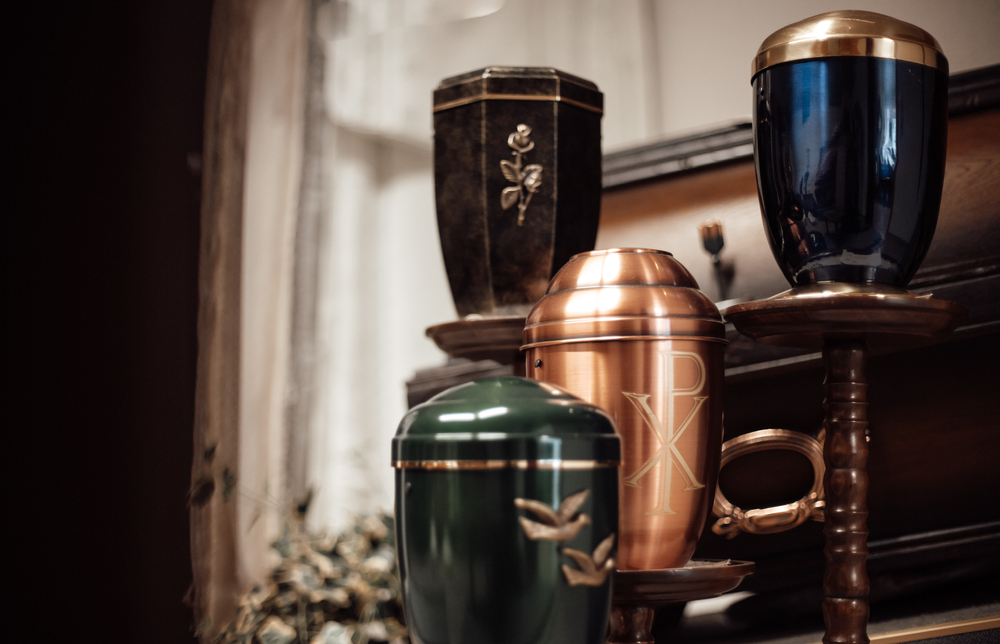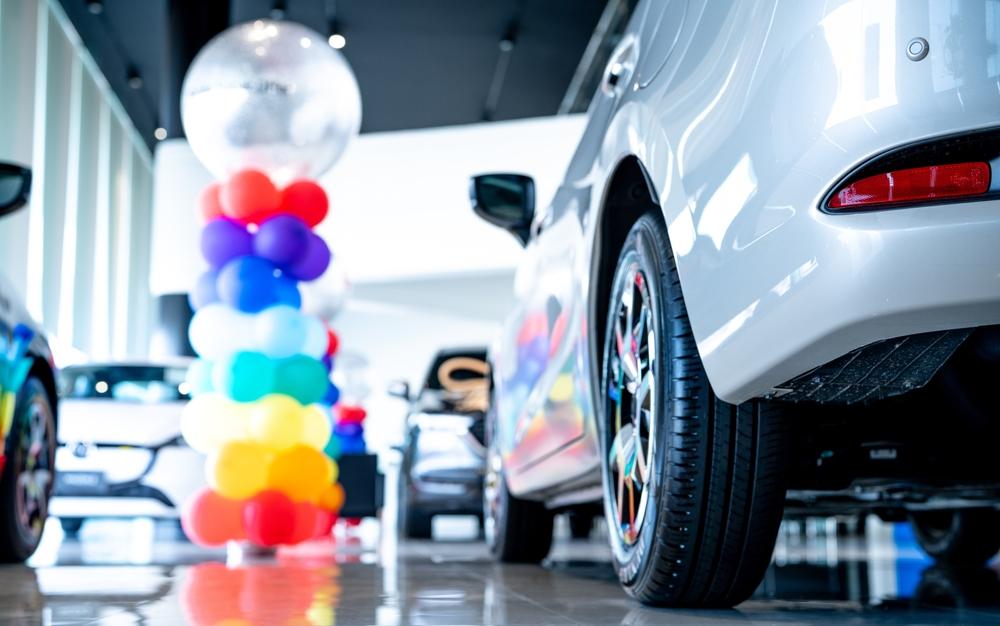A Comprehensive Guide to Artificial Grass
Explore the advantages of artificial grass, discover the different types available, and find out the costs and top companies in the industry.
Types of Artificial Grass
Artificial grass comes in various types designed to mimic the look and feel of natural grass. Here are the most common types:
- Nylon Turf: Known for its durability, nylon turf is a popular choice for high-traffic areas. It can withstand heavy use without losing its shape or color, making it ideal for sports fields, playgrounds, and commercial landscapes.
- Polyethylene Turf: Polyethylene is a softer and more realistic option, making it suitable for residential lawns, gardens, and pet areas. It offers a natural look and feel, closely resembling real grass.
- Polypropylene Turf: This type of artificial grass is less durable than nylon and polyethylene but is more affordable. It's often used in areas with lower foot traffic, such as decorative lawns or indoor spaces.
- Infill Turf: Infill turf uses materials like sand or rubber granules to support the grass blades and provide cushioning. This type of turf is commonly used for sports fields and playgrounds to enhance performance and safety.
- Pet-Friendly Turf: Specifically designed for pets, this turf is durable, easy to clean, and often treated with antimicrobial agents to prevent odors and bacteria buildup.

Benefits of Using Artificial Grass
The popularity of artificial grass has soared due to the numerous benefits it offers:
- Low Maintenance: Unlike natural grass, synthetic turf doesn't require watering, mowing, or fertilizing. This makes it an ideal choice for busy homeowners or commercial properties looking to reduce maintenance costs and efforts.
- Water Conservation: Artificial grass is an eco-friendly option that helps conserve water, especially in regions prone to drought. By eliminating the need for irrigation, it significantly reduces water usage.
- Year-Round Greenery: Artificial grass remains green and lush throughout the year, regardless of weather conditions. It provides a consistent, attractive appearance that enhances the curb appeal of any property.
- Durability: Designed to withstand heavy use, synthetic turf is highly durable and can last for many years with minimal upkeep. It's resistant to wear, tear, and UV rays, ensuring it maintains its color and texture over time.
- Safe for Children and Pets: Many artificial grass products are non-toxic and allergen-free, making them safe for children and pets. They also provide a soft surface that reduces the risk of injuries during play.
Factors to Consider When Choosing Artificial Grass
When selecting artificial grass, consider the following factors to ensure you choose the right product for your needs:
- Intended Use: Determine where the artificial grass will be installed and how it will be used. For high-traffic areas, opt for more durable options like nylon turf. For aesthetic purposes, softer polyethylene turf may be preferable.
- Pile Height: Pile height refers to the length of the grass blades. Longer blades offer a more natural look but may require more infill and maintenance to keep them upright. Shorter blades are easier to maintain and ideal for areas with heavy foot traffic.
- Density: The density of artificial grass affects its durability and appearance. Higher density turf offers a fuller, more natural look and is more resistant to flattening. Lower density options are more affordable but may not provide the same level of realism.
- Backing Material: The backing material is crucial for the longevity and performance of artificial grass. Look for a strong, durable backing that provides good drainage and prevents the turf from shifting.
- Infill Options: If choosing infill turf, consider the type of infill material used. Sand infill provides stability and helps the grass blades stand upright, while rubber infill offers cushioning and shock absorption, making it ideal for sports fields and playgrounds.
Cost of Artificial Grass and Top Services/Companies
The cost of artificial grass varies depending on factors such as the type of turf, pile height, density, and installation complexity. On average, artificial grass costs between $5 and $20 per square foot, including installation. While initial costs may be higher than natural grass, the long-term savings on maintenance and water make it a cost-effective choice.
Top artificial grass companies known for their quality products and services include:
- SYNLawn: A leading provider of synthetic turf, SYNLawn offers a wide range of products for residential, commercial, and sports applications. They are known for their eco-friendly, high-quality turf options.
- FieldTurf: Specializing in sports turf, FieldTurf is a popular choice for athletic fields and playgrounds. Their products are durable, safe, and designed to enhance performance.
- Global Syn-Turf: Global Syn-Turf provides a variety of artificial grass products for landscapes, pet areas, and sports fields. They are known for their extensive selection and commitment to quality.
- Turf Factory Direct: Offering competitive pricing and a wide range of products, Turf Factory Direct is a go-to source for DIY projects and professional installations alike.
- ForeverLawn: ForeverLawn specializes in premium artificial grass solutions for both residential and commercial properties. Their products are designed for durability and realistic appearance.
These companies are recognized for their expertise, innovation, and ability to deliver high-quality artificial grass solutions across various applications.











